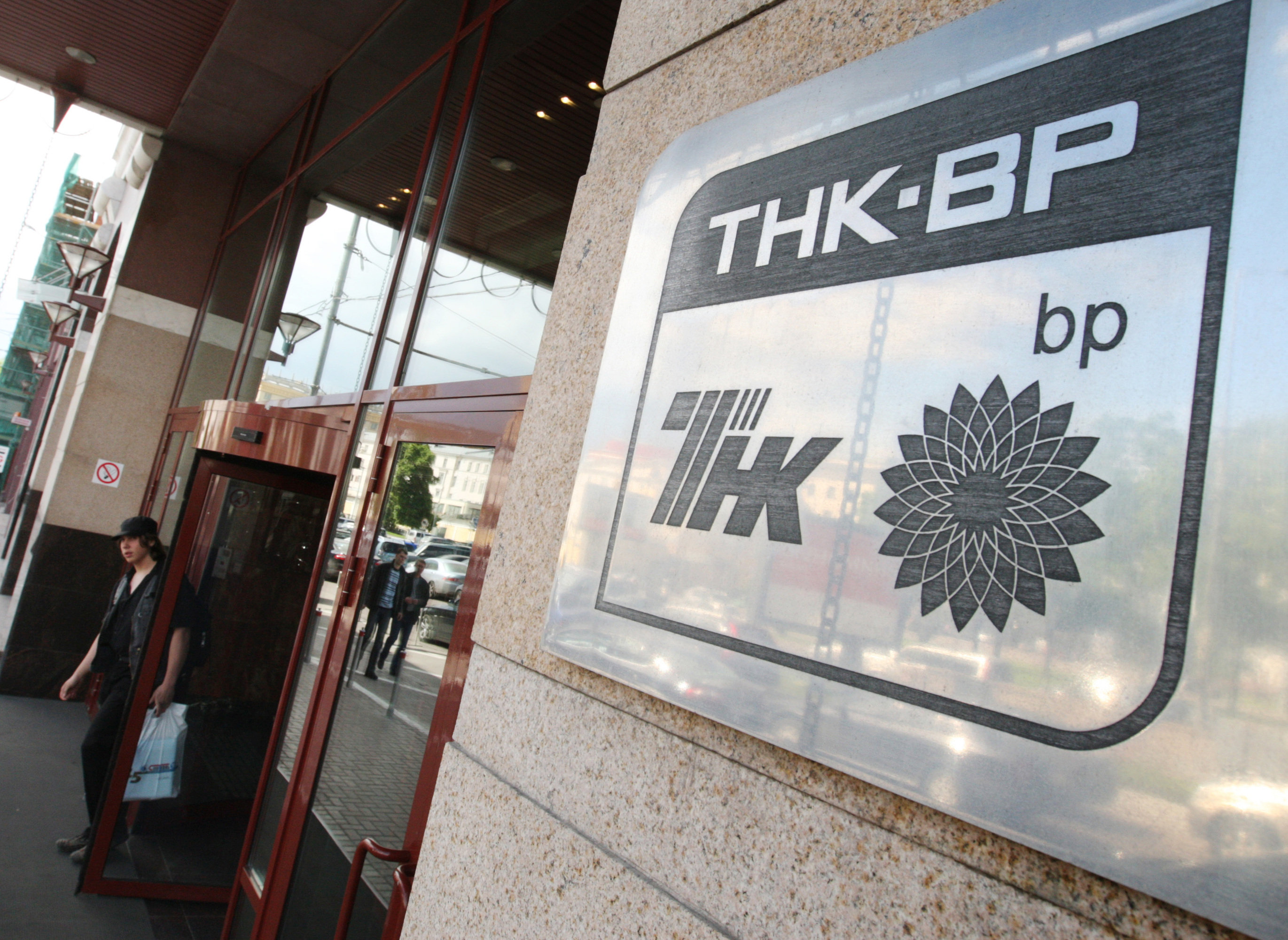MOSCOW, October 16 - RAPSI, Ingrid Burke. London’s High Court of Justice overturned an injunction granted to TNK-BP in its unauthorized disclosure case against former senior executive Igor Lazurenko, who allegedly threatened to expose the former.
Lazurenko had been serving in senior positions at TNK-BP since 2003 when he submitted his resignation this past April. His departure from the TNK-BP came in the wake of the company’s decision to probe the alleged receipt by Lazurenko of substantial sums of money. This past August, TNK-BP launched fraud proceedings against Lazurenko in London, seeking recovery of his allegedly illicit receipt of funds.
In the June, Lazaurenko met with two of TNK-BP Management’s highest-ranking legal officers in London. He showed them two documents containing information that, as understood by all parties, “would be damaging to TNK-BP if disclosed because they purport to reveal high-level personnel engaging in corrupt behavior.”
The judgment explains that TNK-BP interpreted the interaction as a means of applying pressure on the company to settle the proceedings pending against him. However, the company sought to prevent Lazurenko from disclosing the documents not on the basis of blackmail, but on the basis of a breach of confidentiality.
The injunction was granted in July 2012.
The documents at issue purportedly are said to contain commercially damaging information that would specifically impact Transneft and certain government officials. Lazurenko asserts that, “The Documents contain the details of wrongdoing between TNK-BP and companies beneficially owned and controlled by the most senior officers of Transneft and officials of the Ministry of Energy responsible for regulating and monitoring the oil industry in Russia.”
Lazurenko’s employment contract contained a choice of law clause establishing the supremacy of Russian law in the case of any dispute arising between the parties. The court held that this text constituted a valid choice of law clause, and found upon further exploration that “the law to be applied is that of Russia both in relation to the scope of the obligation and, it would appear, the remedies available for its breach.”
The court consulted the opinions of two experts for assistance in its application of Russian law.
One expert, a Mr. Rozenberg, established that the protection of confidential information falls within the scope of the Russian law “On Commercial Secret.” While the law normally serves to protect confidential information, it can only be invoked as such if the owner of the contested information has adopted “particular protective measures” in accordance with the law.
Such protective measures include: “determination of list of information containing commercial secret, restriction of access to this information, count of persons having access to such information, marking documents containing this information as protected etc.” [sic.]
Rozenberg proceeds to explain that injunctive relief such as that imposed against Lazurenko is not a practical option under Russian labor law.
According to Rozenberg, “No such recourse as to stop/prevent disclosure of the protected information or an order to destroy such documents is provided by Russian labour law.” While he notes that injunctive relief of sorts would be theoretically possible under the Russian Code of Civil Procedure, he is unaware of any case where a Russian court has granted such relief in cases seeking material damages on the basis of an unauthorized disclosure.
The court adopted the experts’ stance, holding that, “The expert evidence clearly establishes that, under Russian law, the provisions of [the choice of law clause] provide that the claims in respect of breaches of the duties alleged are to be determined by the relevant courts in Russia and in accordance with Russian law and the remedies available in Russian law do not include injunctions to restrain disclosure.”
The court further held that the facts alleged by TNK-BP failed to invoke Russia’s commercial secret law, due to the fact that no evidence has been presented or pleadings advanced suggesting that particular protective measures had been taken in order to safeguard the documents at issue. In fact, the court asserted a lack of, “any express identification or acknowledgement of confidential information such as Professor Maggs and Mr Rozenberg regard as necessary.”
Between the lack of particular protective measures present in the fact pattern, and that of injunctive relief under Russian law (practically speaking), the court discharged the orders for injunctive relief made by Judges Vos and Roth, and dismissed TNK-BP’s application for the continuance thereof.



